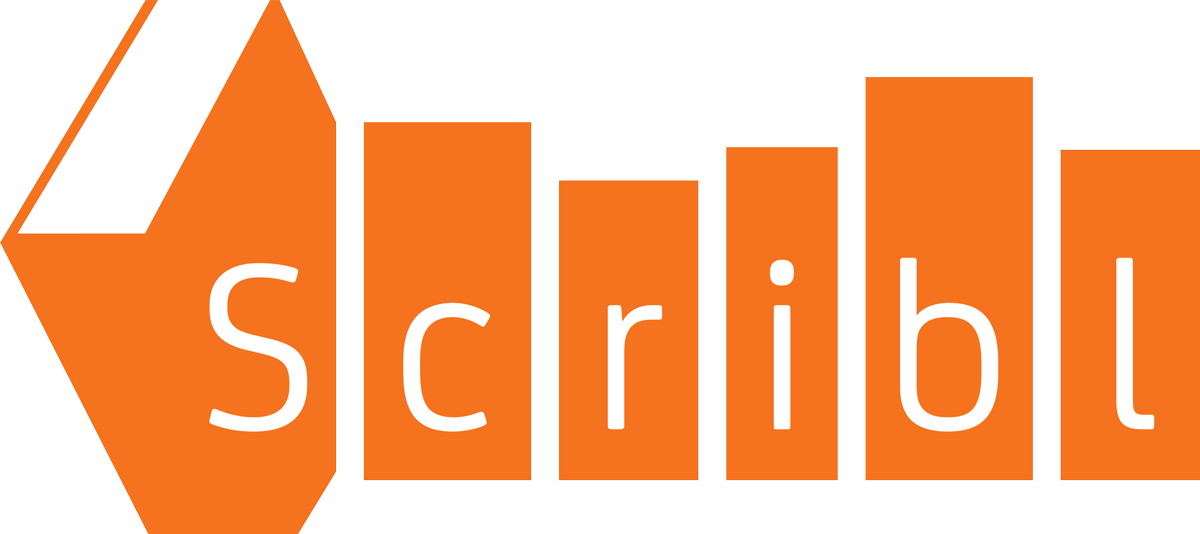
Add to Stack
10,350 words
Synopsis
Everyone is always talking about time management. There just aren’t enough hours in the day for many of us and so the belief goes that if we could squeeze a little more productivity out of our time, we’d be able to accomplish our dreams, earn more money, stay more organized and enjoy more time off. It all sounds great, except for one thing: the entire endeavor is completely misguided. Sounds harsh but in fact it’s also completely true. Your problem is not with time. You have plenty of time. If you didn’t have plenty of time, you probably wouldn’t have been able to watch that entire boxset of [INSERT TV DRAMA HERE] would you? And you likely wouldn’t have spent so long on YouTube… The problem isn’t time – it’s energy. Your energy, just like your time, is finite. Only it actually exists in somewhat smaller quantities meaning that it’s all too easy to run out and end up completely exhausted. And that’s when we start to use our time poorly and not get much done. Think about it: imagine if you could jump out of bed feeling energetic first thing in the morning. What would you do with that extra hour of productivity? Hit the gym maybe? Make some calls? Do last night’s washing up so that you could live in a house that wouldn’t always be untidy? Remember when you were a little kid and you could just run around all day without ever seeming to get tired? Wouldn’t it be incredible if you could get that back? That’s what we’ll be looking at in this book… Below are some information that you are about to learn: Chapter 1: Has Your Quality of Life Deteriorated Due to Fatigue Chapter 2: Your Diet Can Drain or Enhance Your Energy Chapter 3: Habits and Lifestyle Changes Can Drain or Enhance Your Energy Chapter 4: Sleeping Habits Can Drain or Enhance Energy Chapter 5: Your Morning Schedule Can Drain or Enhance Your Energy Chapter 6: Exercise can Drain or Enhance Your Energy Chapter 7: How To Structure Your Work Day To Sync With Your Energy ORDER NOW.
Similar to this book
Knowledge Elements
Reading Intent
| Purpose: | Skills |
|---|---|
| Reader's Existing Knowledge: | Beginner (introduction) |
| Target Audience Age/Stage of Life: | Everyone (no target age) |
Example Forms
| Author's Personal Anecdotes: | None |
|---|---|
| Citations: | None |
| Examples and Case Studies: | Occasional examples or case studies |
| Exercises and Reader Questions: | Some questions or exercises |
Writing Style
| Humor: | Serious |
|---|---|
| Narrative: | First person |





